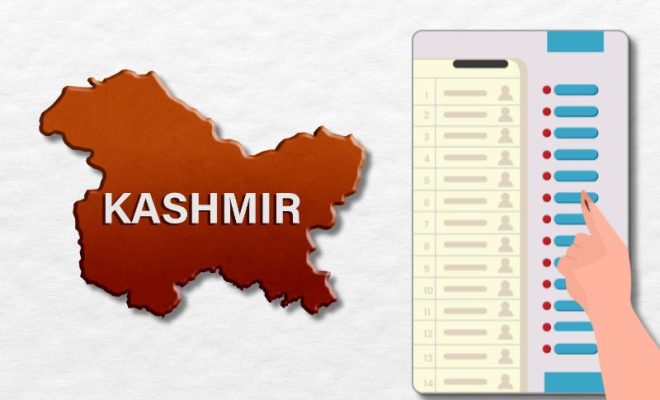BJP Unveils Candidates for Jammu and Kashmir Assembly Elections: A Strategic Move Ahead of Historic Polls

The Bharatiya Janata Party (BJP) has released its first list of 44 candidates for the Jammu and Kashmir Assembly polls which are scheduled in three phases beginning September 19. It is noteworthy to state that this election has been the first Assembly polls after the abrogation of the special status of the region in 2019. The list of BJP candidates has some surprising exclusions and some rather obvious inclusions that are indicative of the party’s goals in the newly formed Union Territory. Muslims are also part of the BJP’s list of candidates and Kashmiri Pandits are also in the BJP’s list in an attempt to expand the party’s base in a region where regional parties have a stronghold.
The BJP’s Candidate Selection
The first list of BJP candidates for Jammu and Kashmir assembly is an attempt to woo all the three regions of the state and all the major communities in the state. Key points include:
- Increase of 14 Muslim candidates which the party has been trying to woo in the Muslim dominated region.
- Two Kashmiri Pandits have been nominated which will help in addressing the concerns of the displaced community.
- Tuning of Devendra Rana, brother of Union Minister Dr. Jitendra Singh and ex National Conference party member, showing that BJP has the capacity to poach important personalities from other parties.
- Missing from the list are the former Deputy Chief Ministers Nirmal Singh and Kavinder Gupta, who is at present the BJP Jammu and Kashmir unit chief. This exclusion raises the likelihood of a new leadership approach to the region by the party in question.
The Political Landscape of Jammu and Kashmir
The upcoming election presents a complex political scenario:
- The three-way electoral battle which is likely to be witnessed between the BJP, PDP and the NC-Congress combine.
- The two major alliances National Conference and Congress were still in a process of making negotiations on seat sharing.
- BJP’s optimism about its performance, party general secretary Tarun Chugh said that the opposition alliance would crumble.
It comes after the previous in 2014 where BJP managed to clinch 25 seats and then formed the government in alliance with PDP. This time round, the political forces have changed dramatically due to the new status of the area and new electoral districts.
Election Timeline and Importance
The election timeline and its importance:
- Voting will be held in three phases: September 19, 25 and October 1.
- It also announced that the results will be released on 4th of October.
- First Assembly election in the state after the center abrogated Article 370 and bifurcated the state into two Union Territories.
- Possible to assess the mood in the changed political environment by political parties in their attempts to gain support.
Disadvantages And Advantages
As the election approaches, several factors will influence the outcome:
- There are the issues of security in some parts of the region.
- The voting percentage particularly in the Kashmir Valley.
- The changes in voters’ attitudes influenced by the development initiatives and central government policies.
- The extent to which the BJP has been successful in appealing to the various social groups.
- The organization and unity of the opposition coalition.
The BJP’s candidate choice and campaign plan will thus be important factors for its performance in this historic election.



